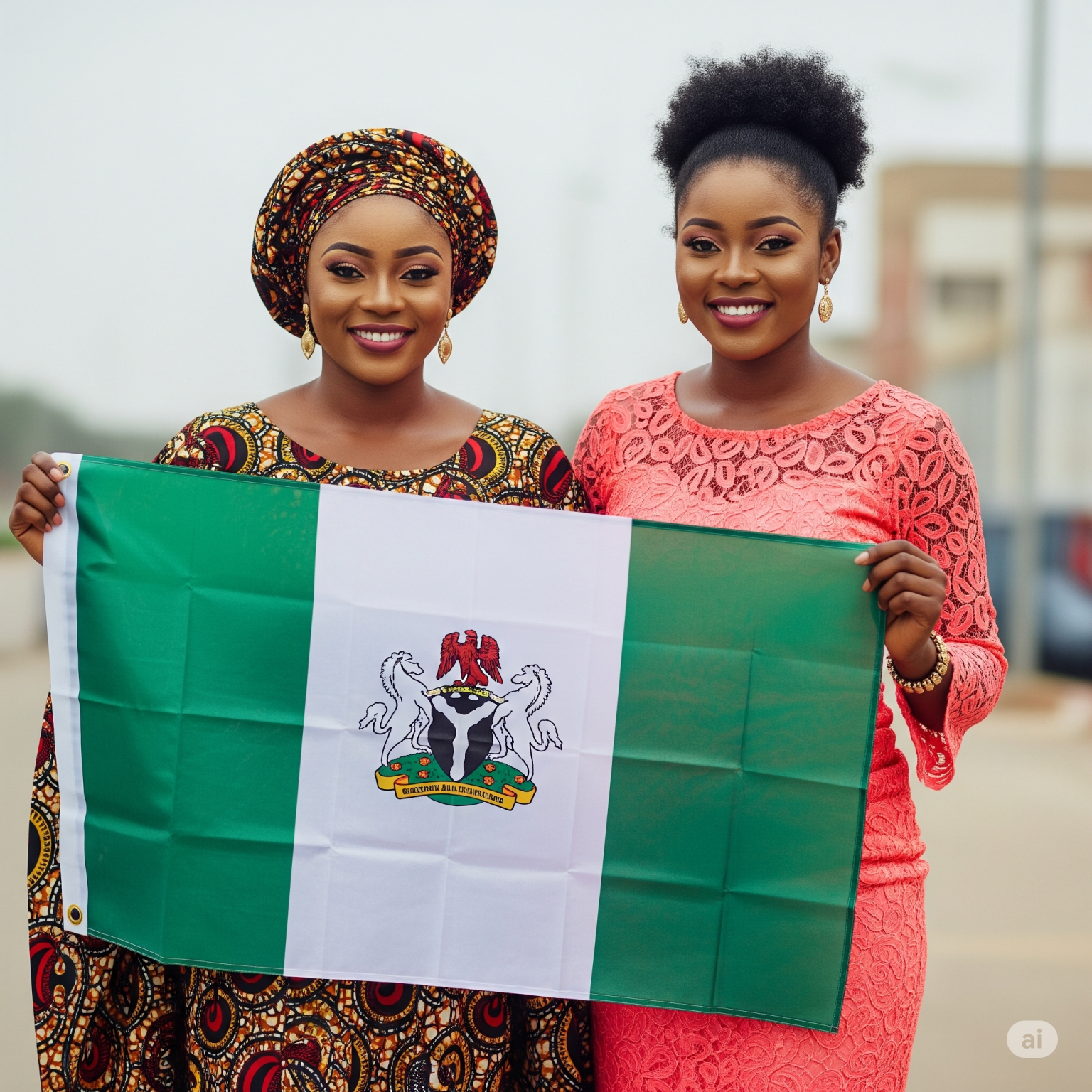By Jeremiah Aminu
What does it mean to be a Nigerian? Is it our renowned resilience — the ability to navigate challenges, adapt to adversity, and still wear an undisturbed smile? Is it our popular mantra, “Naija no dey carry last,” that reflects our determination to always strive for excellence? Is it the richness of our culture, rooted in vibrant traditions and oral storytelling? Is it our unique expressions, which mirror our lived realities and collective identity, or is it simply the honour of being called the Giant of Africa?
In response to this question, there is no single or mono-directional approach to defining who a Nigerian is or who a Nigerian is expected to be. This calls for a multi-layered perspective, one that considers language, culture, nationality, ideology, and lived experience.
To explore this complex identity, The New Daily Prime interviewed a few Nigerians to get their views on this thought-provoking question. Among them is Modupe, who was born and raised in Lagos, in the South-Western part of the country.
According to Modupe, “Being Nigerian is a phenomenon defined by a ‘survival culture’ embedded at the core of our national identity. This culture has become so widely recognized that Nigerians are often described as people who can adapt to any situation, regardless of how difficult or undesirable it may be.”
He explains that this resilience is reflected in how Nigerians use humour as a coping strategy, often through satire, to mask dissatisfaction with socio-economic and political instability. “If one can make a mockery of serious situations tied to the ills of Nigerian society, they are truly Nigerian,” Modupe observes. “Foreigners may not laugh at our reality — but we do. That’s our coping mechanism.”
He also emphasizes that humour is not trivial, it is foundational. It is, in his words, “why we possess the natural ability to survive and adapt to undesirable situations we encounter daily.”
Christiana, who also lives in Lagos, added that it is through nationality that one becomes a Nigerian. However, many Nigerians sometimes experience a sense of disconnection due to the social imbalances in the country. It is for this reason that Christiana says many are “Nigerians by birth, but not by heart,” referring to the socio-structural instability within the nation. Nonetheless, this is not to suggest that Nigerians despise their national identity that is not the case.
NATIONALITY AND LANGUAGE
One of the ways we reinforce our identity as Nigerians is through language use. This is reflected in the unique ways we frame expressions to represent our realities, sensibilities, and everyday experiences.
Oreoluwa, a student, observes that we often use phrases like “go-slow” instead of “traffic jam” to describe the slow movement of vehicles on the road. Another example is the greeting “How far,” which contextually means “How are you?” rather than asking about physical distance. Even “Up NEPA!” serves as a uniquely celebratory exclamation marking the return of electricity, a moment worth cheering in many Nigerian households. This uniqueness in language use is also reflected in the descriptive, figurative, elevated, and humorous ways we construct expressions in both English and Nigerian Pidgin. Some notable examples include:
• “Even Google cannot find your sense”
• “The tallest man in your village dey use ladder climb Maggi”
• “You bombastic element!”
These expressions function as cultural signifiers, humorous, sharp, and distinctly Nigerian, offering insight into how we use language not just for communication, but as a tool of identity, humour, and shared experience.
Read Also:
Davido leads Spotify’s top 30 Nigerian songs of H1 2025
How two Nigerian-born entrepreneurs are rewriting American dream
Nigerian economy showing steady improvement, says Minister
CULTURE
Nigeria is a multi-ethnic geo-space, home to over 250 ethnic groups with diverse cultures and rich oratures. The products of these oral traditions such as songs, proverbs, folktales, legends, and myths, function as indicators of Nigerian identity, serving as cultural sites where “Nigerianness” is expressed and preserved.
Interestingly, one can also reference Nigeria’s economic culture, particularly the well-known price negotiation practices in local marketplaces. In this regard, it is common for Nigerians to engage in bargaining to secure a more affordable price for goods.
For instance, Augustine, a student based in Lagos, highlights the practice of “jara” a cultural expression whereby a seller offers a customer a small extra quantity of goods, often as a reward for persistence, friendliness, or shared banter.
This economic tradition, beyond its commercial function, also serves as a space for social bonding and relationship-building, cutting across social class and status. It reveals how everyday practices reflect deeper aspects of Nigerian identity: communalism, negotiation, and mutual respect.
So, overall, what does it mean to be a Nigerian?
Is it about nationality, culture, language, or the lived Nigerian experience, as discussed above?
The answer is simple — as reflected in the voices of those interviewed, Nigerian identity is not a fixed concept. It is multi-faceted, fluid, and deeply rooted in everyday life. It cannot be reduced to a single narrative or label. In fact, its resistance to rigid categorisation is what underscores its richness and prestige.
Ultimately, to be Nigerian is to belong to a special breed, one marked by creativity, adaptability, humour, and above all, resilience.
That is what it means to be a Nigerian. That is who a Nigerian is.



